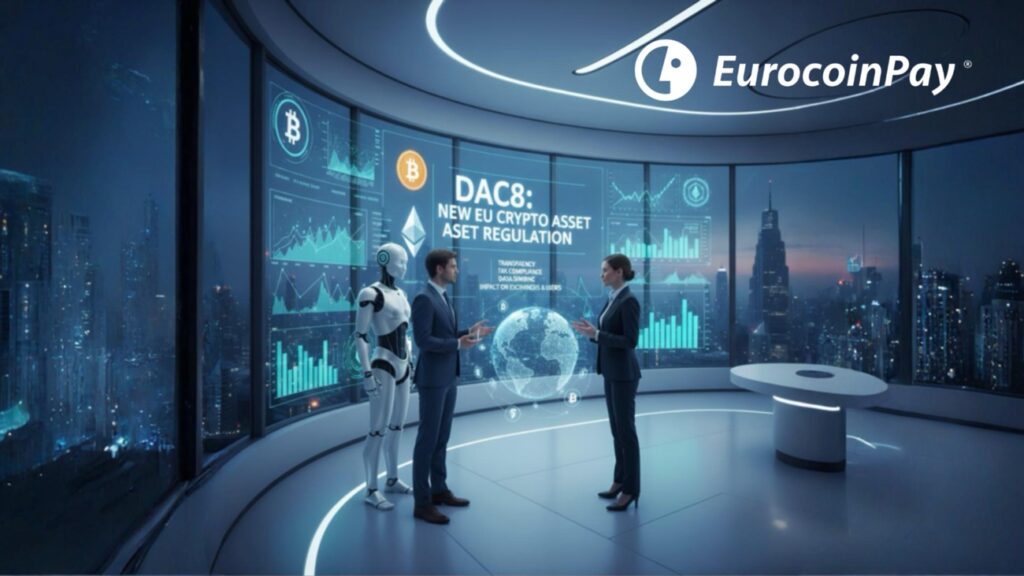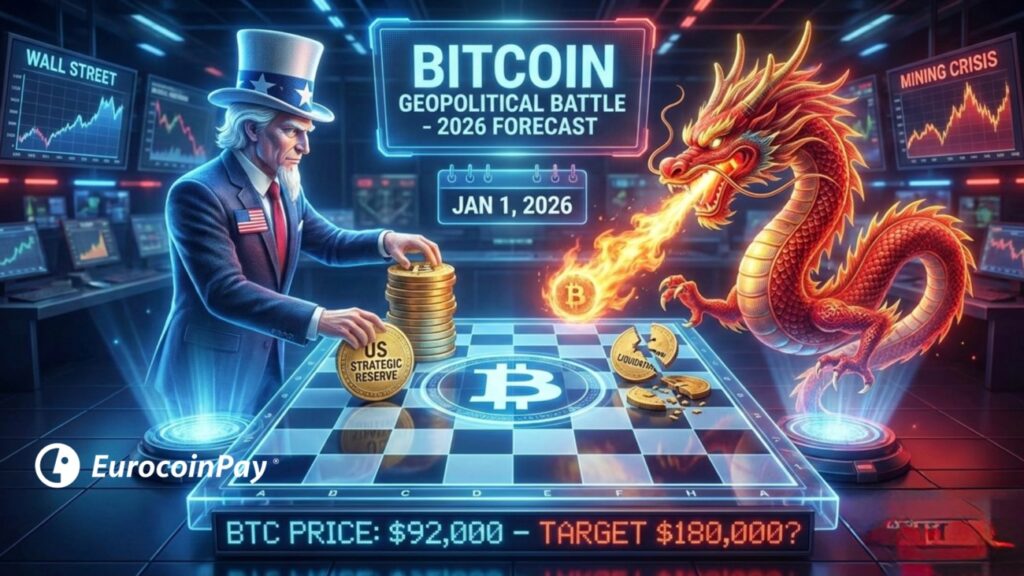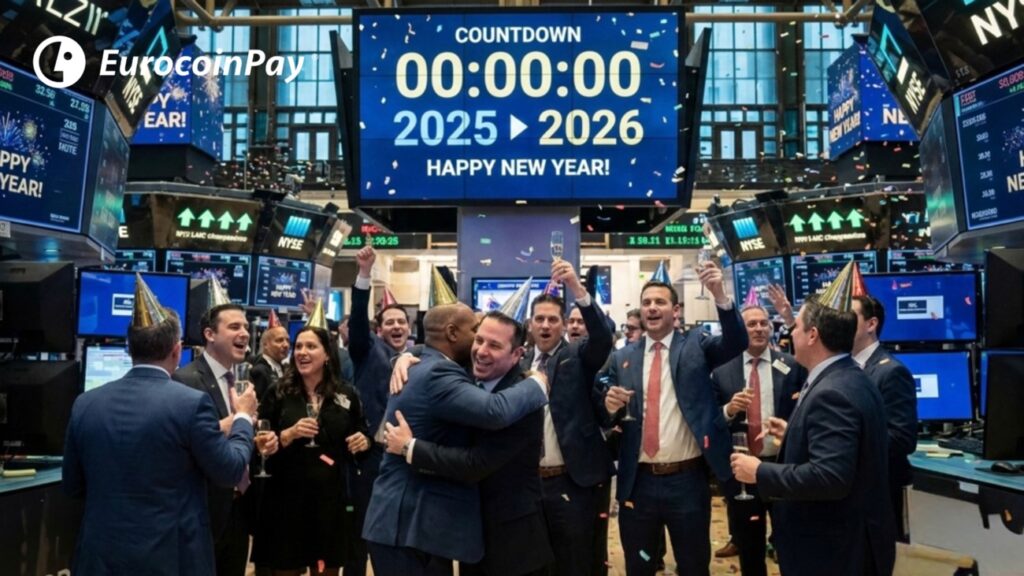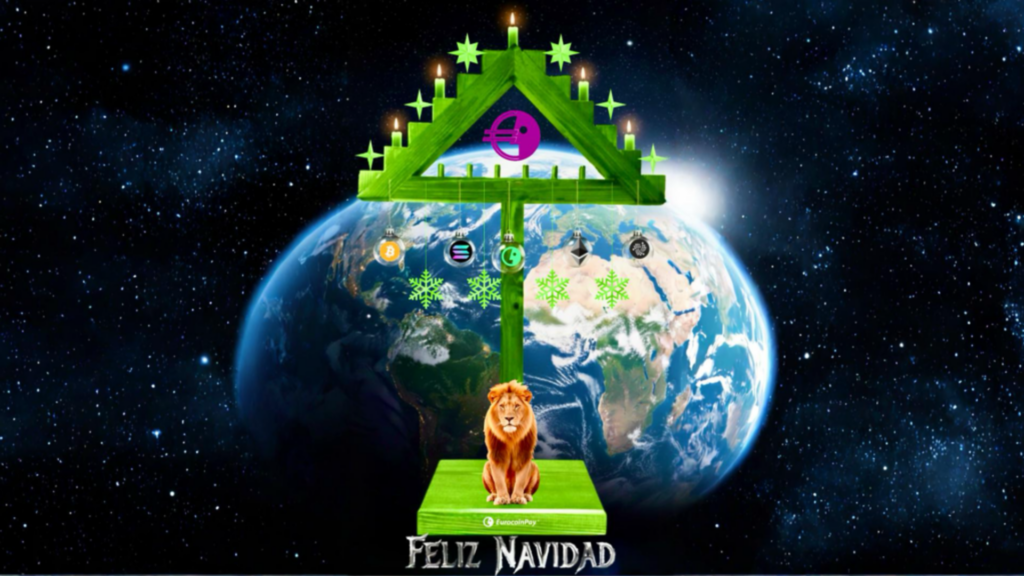Information is power
We live in an era where data has become the most valuable resource on the planet. Every click, search or online purchase leaves a digital trail that, when analysed, reveals who we are, what interests us and how we behave. In this context, information is power, and whoever controls it has the ability to influence markets, trends and decisions.
But this power has two sides: one that drives innovation and another that threatens our privacy. In the world of cryptocurrencies, where transparency and decentralisation are fundamental pillars, the management of personal data takes on even greater importance.
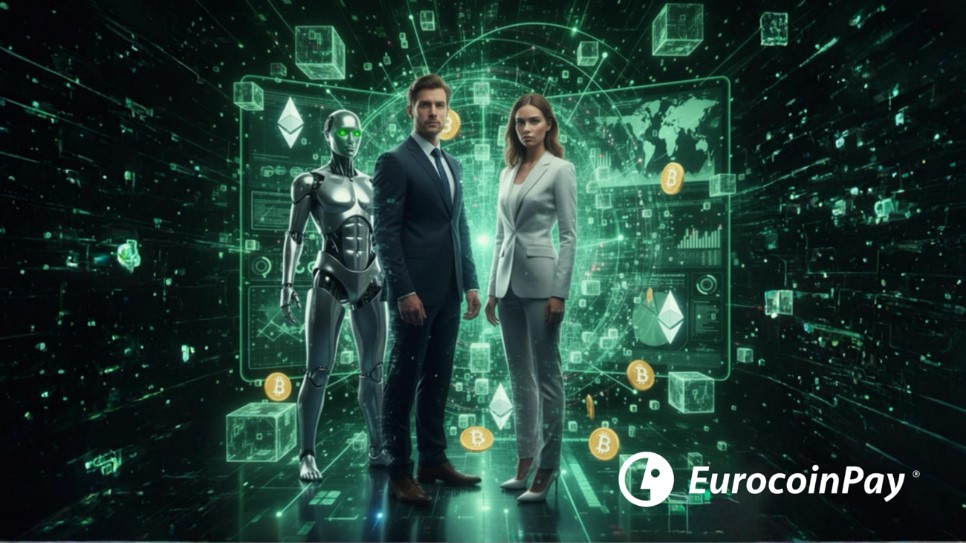
The data economy: the invisible engine of the Internet
For years, big tech companies have built their success on a silent asset: their users’ data. Free platforms such as social networks and email services do not live on air; they live on the information we give them in exchange for using them.
That information—who we are, what we buy, how much we spend, and who we interact with—is transformed into economic value. It is profiled, analysed and sold. This is how the data economy works, a machine that moves billions of pounds a year.
In contrast to this centralised model, the crypto philosophy and Web3 propose something radically different: giving users back control of their identity and information. In a decentralised system, data is not concentrated on a central server, but distributed and protected using blockchain technology.
Risks of the digital world: the price of sharing without thinking
As data becomes more valuable, so do the risks associated with its misuse. Every day, new cases of phishing, identity theft, and massive information leaks emerge.
In the crypto world, where a simple private key can be equivalent to your entire digital wealth, the dangers are even more delicate.
Cybercriminals look for not only technical vulnerabilities, but also human ones. They take advantage of users’ trust, misinformation, or lack of attention. A malicious link, a fake app, or a careless conversation can be enough to lose everything.
For this reason, being cautious is not an option, it is a necessity.
Blockchain and privacy: allies in the new digital age
Although blockchain is associated with transparency, as all transactions are visible, it also offers very powerful mechanisms to protect privacy.
Concepts such as zero-knowledge proofs (ZKP) and identidades descentralizadas (DID) allow information to be verified without exposing sensitive data.
For example, you could prove that you are of legal age without revealing your exact date of birth, or validate a transaction without showing your total account balance.
This balance between transparency and confidentiality is key to building a more secure and reliable network.
In addition, self-custody systems and decentralised storage reinforce this independence: your data and assets are in your hands, not those of an intermediary.
How to protect yourself in the data age
Being careful with the information you share is your first line of defence. Here are some essential practices:
- Be wary of suspicious links or messages; always verify sources before interacting.
- Use two-factor authentication (2FA) y contraseñas únicas.
- Never share your private keys or seed phrases.
- Check the permissions of the applications you connect to your wallets or social networks.
- Update your devices and use security software.
- Stay informed; digital education is the best tool against fraud.
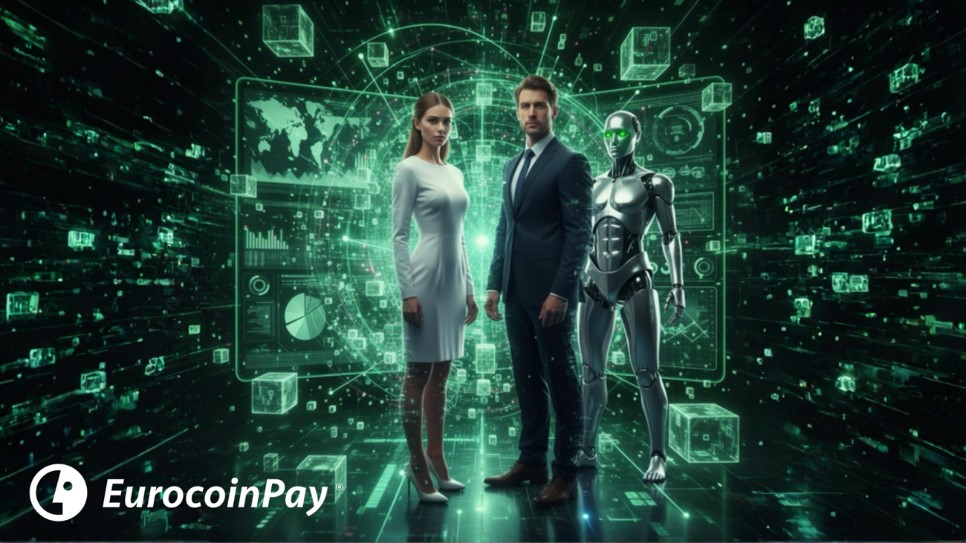
Conclusion: your data, your power
Data is the new digital gold, and like any valuable resource, it must be protected.
In the decentralised economy driven by blockchain technology, sovereignty over information is as important as ownership of assets.
Each user has the power to decide what to share, with whom, and under what conditions.
The future belongs to those who understand that privacy is not mistrust, but freedom.
At EurocoinPay we believe that the true crypto revolution is not only financial, but cultural: empowering users to own their data, their money, and their digital identity.
Disclaimer: The information set forth herein should not be taken as financial advice or investment recommendation. All investments and trading involve risk and it is the responsibility of each individual to do his or her due diligence before making a decision.

